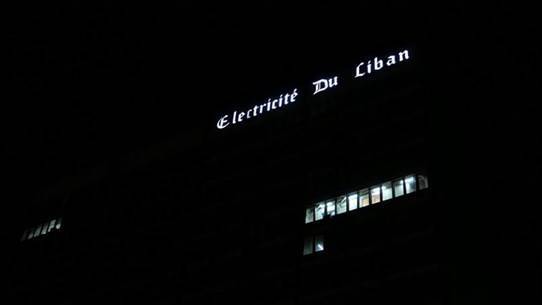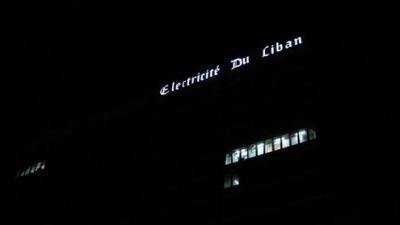The first phase of the national emergency plan for the electricity sector, which aims to provide citizens with 8 to 10 hours of daily electricity supply in exchange for increased tariffs, is expected to proceed smoothly after Prime Minister Najib Mikati, in coordination with Parliament Speaker Nabih Berri, Central Bank Governor Riad Salameh, and Minister of Finance in the caretaker government, Youssef Khalil, found a solution that does not require going through Parliament. This approach avoids the opposition forces’ rejection of holding any legislative sessions and their demands to adhere to constitutional texts stating that the Parliament should act solely as an electoral body following the end of former President Michel Aoun's term. According to information from "Asharq Al-Awsat," the solution involves using what remains of the $1.135 billion that Lebanon received from the International Monetary Fund in September 2021 as Special Drawing Rights (SDR). However, only $300 million remains from this amount, which will be used to launch this plan.
According to ministerial sources who spoke to "Asharq Al-Awsat," this amount would only be sufficient for two months to fund the plan. It was agreed that during this period, bills would be collected according to the new tariffs, with the collected funds transferred to the Central Bank to purchase dollars that would be used to finance the additional four months outlined in the plan. The sources indicate that this way, they bypass the risk of resorting to Parliament, where many members refuse to return to legislative work, as it is supposed to be an electoral body for the country's president. Additionally, they avoid the outright refusal of the Central Bank to touch the mandatory reserve to fund the electricity plan without a law being passed on this matter.
This plan links the provision of the prescribed number of hours of supply to the increase in tariffs, meaning both aspects will proceed in parallel. The new price for electricity has set the rate at 10 cents for the first 100 kilowatt-hours consumed, and 27 cents for consumption above that, while the price used since the 1990s was approximately one cent per kilowatt-hour. "Asharq Al-Awsat" also learned that Mikati informed several deputies he met recently that he would coordinate with Energy Minister Walid Fayad to ensure strict measures regarding bill collections, pointing out that around 60% of Lebanese people pay their bills, while the rest do not. Therefore, according to the new plan, electricity will be cut off for any non-payers, regardless of who they are.
In recent days, extensive discussions have taken place among those concerned with the file on how to secure funding for the first phase of the electricity plan while waiting for bill collection according to the new tariffs. A law was supposed to be issued by Parliament to approve a treasury advance for Electricité du Liban to purchase energy (fuel) and increase supply hours, especially if the authorities decide to resort to the mandatory reserve.
Constitutional expert lawyer Saeed Malik clarified that "it is established that the issue of the electricity advance requires a law to be issued by Parliament based on a draft law presented by the government, to be passed by an ordinary majority, i.e., 65 deputies, and approved by a majority of those present as with normal laws." He added in a statement to "Asharq Al-Awsat" that "resorting to Special Drawing Rights funds is an attempt to circumvent the necessity of issuing a law, which is a narrow attempt regarding both feasibility and time; there will be no future option but to return to issuing a law from Parliament." The opposition parties refuse to participate in any legislative session that the Parliament Speaker may call, even under the title of "necessary legislation."




